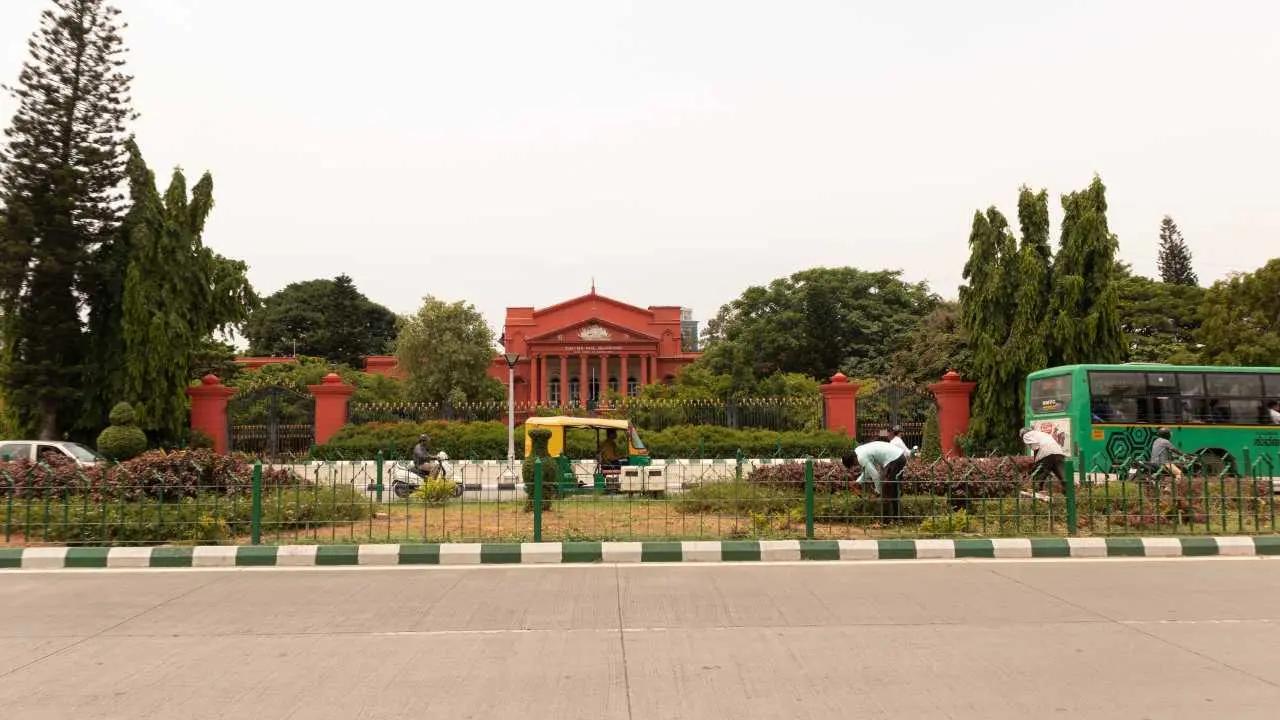Siddaramaiah submitted that the sanction order was issued without due application of mind.

Pic/Istock
In a setback to Chief Minister Siddaramaiah, the Karnataka High Court on Tuesday dismissed his petition challenging the Governor's approval for an investigation against him in a case of site allotment, news agency PTI reported.
According to PTI, the Chief Minister had challenged the Karnataka Governor Thaawarchand Gehlot's consent for an investigation against him in connection with alleged irregularities in the Mysuru Urban Development Authority's (MUDA) granting of 14 sites to his wife in a prominent location.
Justice M Nagaprasanna's single-judge bench concluded the petition hearings in six sittings starting on August 19; on September 12, the bench reserved a decision. In addition, it had prolonged its interim ruling from August 19 directing the special court for people's representatives, which was scheduled to hear accusations against him in the case, to postpone its actions until the petition's resolution.
"The facts narrated in the petition would undoubtedly require investigation, in the teeth of the fact that the beneficiary of all these acts is not anybody outside but the family of the petitioner. The petition stands dismissed," Justice Nagaprasanna ruled, as cited by PTI.
He said, "Interim order of any kind subsisting today shall stand dissolved."
The Governor on August 16 granted sanction under Section 17A of the Prevention of Corruption Act, 1988 and Section 218 of the Bharatiya Nagarik Suraksha Sanhita, 2023 or the commission of the alleged offences that are mentioned in the petitions submitted to him by complainants Pradeep Kumar S P, T J Abraham and Snehamayi Krishna.
On August 19, Siddaramaiah moved to the High Court challenging the legality of the Governor's order.
According to PTI, in the petition, Siddaramaiah submitted that the sanction order was issued without due application of mind, in violation of statutory mandates, and contrary to constitutional principles, including the advice of the Council of Ministers, which is binding under Article 163 of the Constitution of India.
Siddaramaiah sought for the Governor's ruling to be overturned, arguing that the Governor made an illegitimate decision that was legally unsustainable, procedurally flawed, and motivated by extraneous considerations.
While noted lawyer Abhishek Manu Singhvi and Prof. Ravivarma Kumar had appeared for Siddaramaiah, the office of the Governor. Advocate General Shashi Kiran Shetty was represented by Solicitor-General of India Tushar Mehta who also made his submissions.
Senior Advocates Maninder Singh, Prabhuling K Navadgi, Lakshmi Iyengar, Ranganath Reddy, and K G Raghavan, among others, made submissions on behalf of the complainants (respondents) who had sought the sanction for investigation against Siddaramaiah.
In the site allotment case of MUDA, it is alleged that compensatory sites were allotted to B M Parvathi, wife of Siddaramaiah in an upmarket area in Mysuru, which had a higher property value compared to the location of her land which was "acquired" by the MUDA, PTI reported.
The MUDA had allotted plots to Parvathi under a ratio scheme of 50:50 instead of 3.16 acres of her land, where a residential layout was developed.
Under the controversial scheme, 50 per cent of the developed land was allotted by MUDA to the land losers in lieu of undeveloped land acquired from them for forming residential layouts.
It is alleged that Parvathi had no legal title over this 3.16 acres of land at survey number 464 of Kasare village, Kasaba hobli of Mysuru taluk, PTI reported.
(With Inputs from PTI)
 Subscribe today by clicking the link and stay updated with the latest news!" Click here!
Subscribe today by clicking the link and stay updated with the latest news!" Click here!










